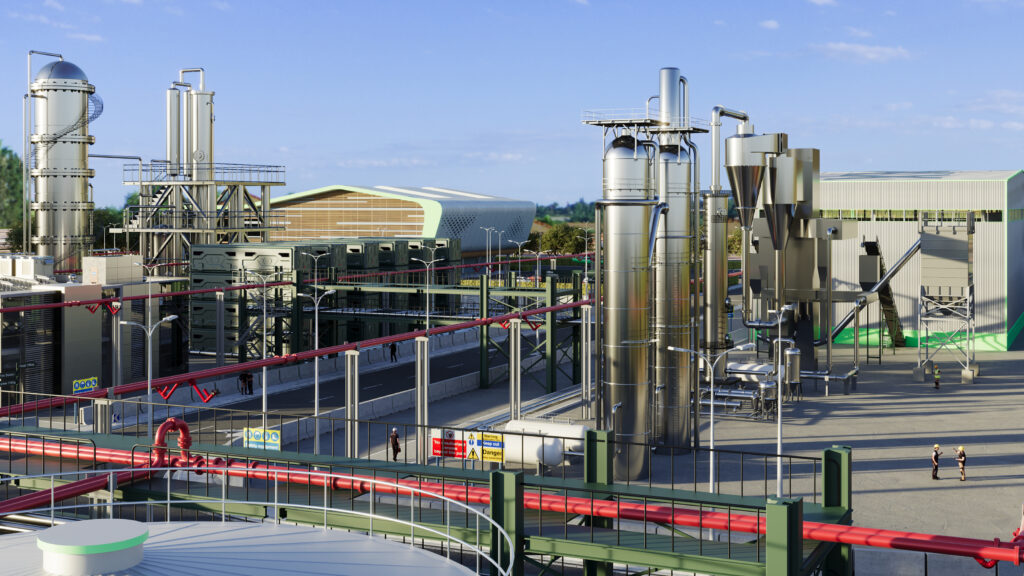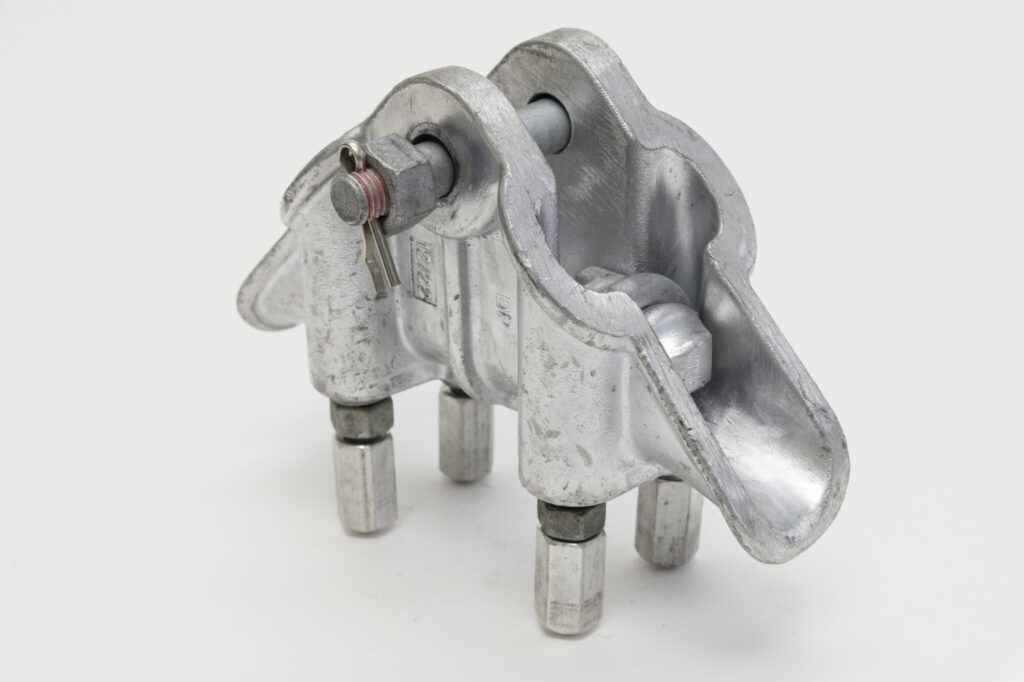
LanzaJet and BioD initiated a feasibility study to create the first sustainable aviation fuel (SAF) production facility in Colombia. The research will test the technical, financial, and operational needs for the successful and sustainable adoption of the technology in the nation. It is dedicated to manufacturing SAF in Colombia by utilizing agroforestry waste and energy crops. The research additionally aligns the initiative as a regional standard in South America for generating sustainable aviation fuels. It also supports Colombia’s objectives to strengthen the strategic position in fostering a productive and sustainable industry. This links rural regions to industrial change and social integration. It will further assist Colombia in shifting from importing fossil aviation fuel to creating cleaner alternatives. LanzaJet’s ATJ technology transforms ethanol into compatible jet fuel. This minimizes greenhouse gas emissions. Suspension clamps guarantee reliable and effective functionality in SAF projects.
Sustainable Aviation fuel (SAF) needs high-capacity power lines for electrolysis, refining, or grid connections. Suspension clamps function in power transmission lines to support and secure cables. They function in electrical infrastructure for biorefineries, prcessing plants, or distribution networks. Suspension clamps help secure pipelines in elevated or rugged terrains. They also function in transmission lines connecting renewable energu sources to SAF facilities. High-quality suspension clamps function in scaffolding, cable management, or securing equipment. Colombia is developing SAF from palm oil, sugarcane, and waste biomass that demands robust infrastructure.
Suspension clamps in SAF project development in Colombia
Suspension clamps play a crucial role in mechanical and safety of SAF projects. The success of SAF projects requires robust, reliable infrastructure. Suspension clamps ensure the power flows safely and efficiently to every part of the production chain. This is especially from feedstock processing to refining to fuel distribution. The rugged Andean terrain may demand secure cable and pipeline installations where suspension clamps install. This makes them crucial components in SAF engineering plans. The project may also need guy clamps, anchor rods, and cable tensioners. Suspension clamps support critical infrastructure for SAF project development in Colombia. Here are the functions of suspension clamps in SAF project development in Colombia.

- Overhead line stability – suspension clamps secure conductors to transmission poles and towers. They ensure mechanical stability of electrical lines for processing, refining, and pumping operations.
- Vibration and tension control – the clamps absorb mechanical stress from wind, thermal expansion, and seismic activity. They help prevent conductor wear and extends infrastructure lifespan to reduce maintenance downtime.
- Support for green grid integration – suspension clamps help manage new transmission loads for distributed generation systems. This is crucial as Colombia integrates renewable energy sources like solar or hydropower.
- Resilience in high-humidity zones – Suspension clamps are from corrosion-resistant materials to ensure durability. This is because many SAF projects near agricultural areas facing humid, corrosive environments.
- Compliance with safety standards – proper installation of suspension clamps is crucial for safety and legal compliance. This is in line with RETIE (Colombian electrical installation regulations) and international standards.
Impacts of SAF production plant development in Colombia
The establishment of a sustainable aviation fuel (SAF) production facility in Colombia presents transformative effects in environmental, economic, social, and technological areas. The partnership between LanzaJet and BioD has the potential to transform Colombia’s energy and aviation sectors. The establishment of a SAF production facility in Colombia aids in lowering greenhouse gas emissions, fostering a green economy, ensuring energy independence, and enhancing Colombia’s position in the clean energy transition. Here are the effects of building SAF production facilities in Colombia.

- Environmental effects – SAF can lower carbon emissions throughout its lifecycle compared to conventional jet fuel. This is vital in large airports such as El Dorado, which uses 65% of the nation’s jet fuel. Colombia’s sugarcane and biomass sectors can act as sustainable feedstock sources, minimizing waste-to-energy gaps.
- Economic effects – SAF initiatives create employment opportunities throughout construction and many specialized positions during operation. Industries involved in ethanol production, transportation, engineering, and plant maintenance also gain advantages from this output.
- Advantages for aviation – The implementation of SAF is crucial for achieving net-zero targets in aviation and fosters collaboration opportunities with airlines. It could also reduce price fluctuations through long-term supply agreements.
- The influence of technology and innovation – partnering with universities and tech incubators can promote advancements in feedstock processing, fuel blending, and carbon capture and reuse.